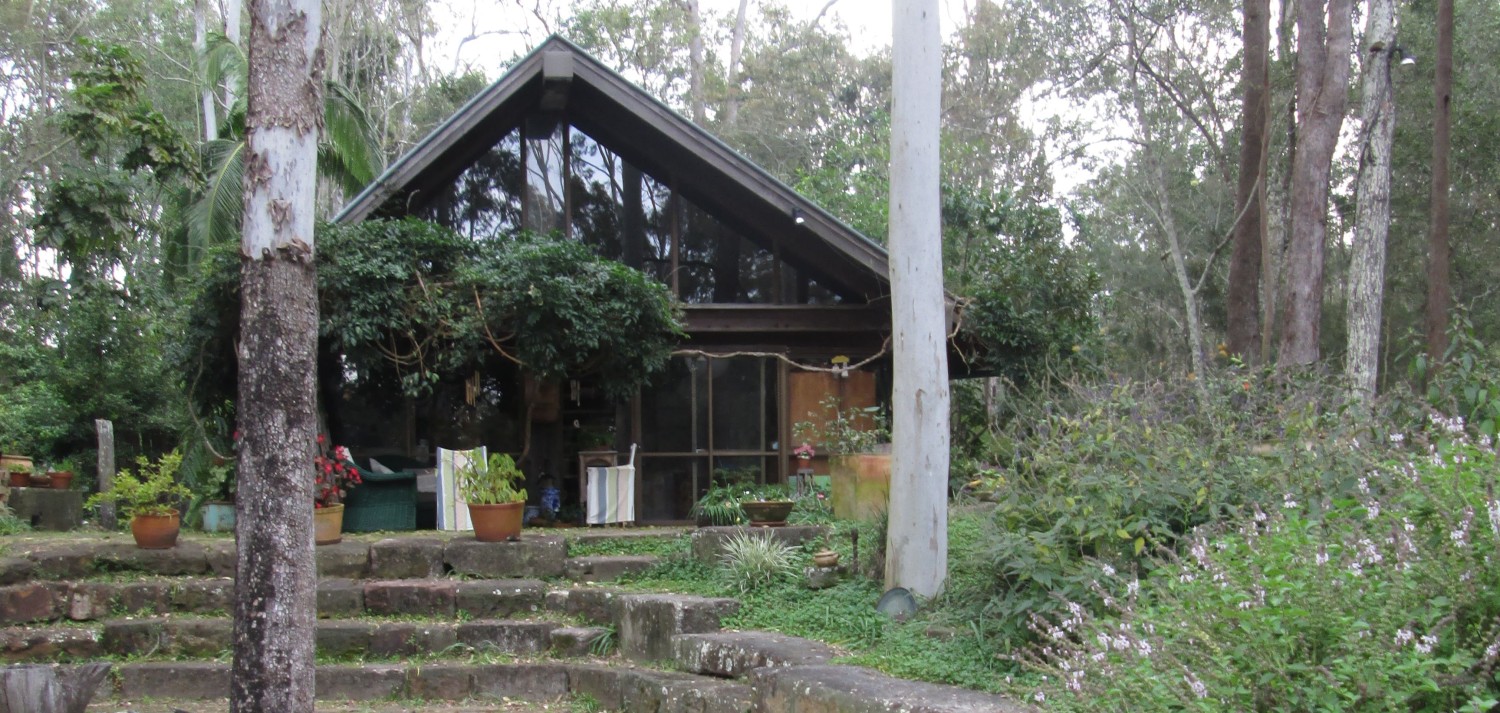The Japanese tea ceremony, also called the Way of Tea, is a Japanese cultural activity involving the ceremonial preparation and presentation of matcha , powdered green tea.
In Japanese, it is called chanoyu or sadō, chadō , while the manner in which it is performed, or the art of its performance, is called (o)temae . Zen Buddhism was a primary influence in the development of the Japanese tea ceremony. Much less commonly, Japanese tea ceremony uses leaf tea, primarily sencha, in which case it is known in Japanese as senchadō , the way of sencha) as opposed to chanoyu or chadō; see sencha tea ceremony, below.
Tea gatherings are classified as an informal tea gathering chakai , and a formal tea gathering chaji . A chakai is a relatively simple course of hospitality that includes confections, thin tea, and perhaps a light meal. A chaji is a much more formal gathering, usually including a full-course kaiseki meal followed by confections, thick tea, and thin tea. A chaji can last up to four hours.
Chadō is counted as one of the three classical Japanese arts of refinement, along with kōdō for incense appreciation, and kadō for flower arrangement.
______________________________________________________________
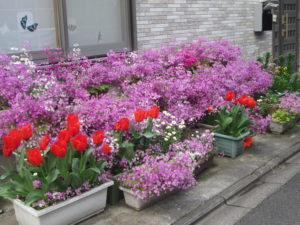
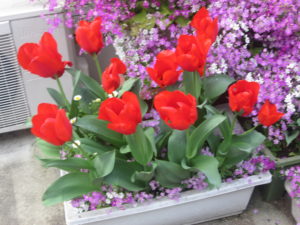
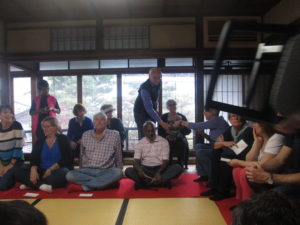
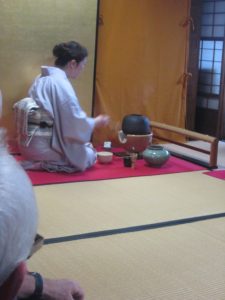
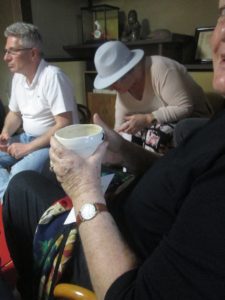
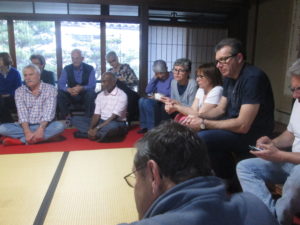
_____________________________________________________________________________
…. The Courtyard in the Centre of The House ….
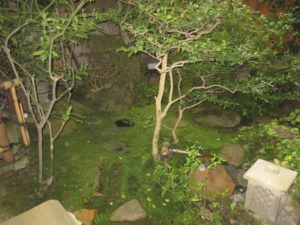
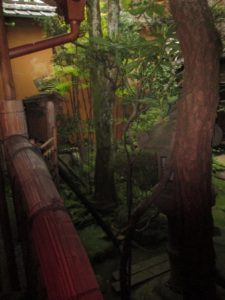
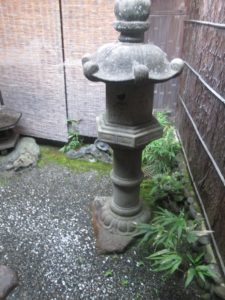
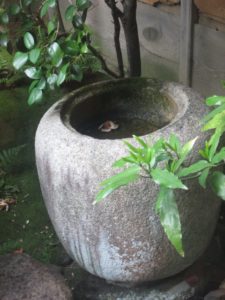
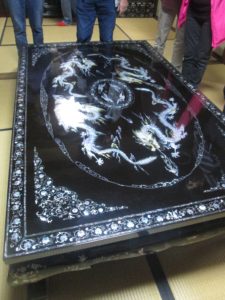
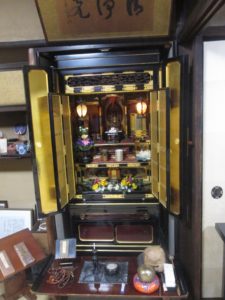
_________________________________________________________________________________________
